
Somalia Report 2019 focuses on the main developments and key trends in politics, security, economy, social services
The State of Somalia (SOS) Report focuses on the main developments and key trends in politics, security, economy, social services and the role of external actors from 1 January to 31 December 2019. The objective of the report is to: empirically and systemically document key events in Somalia; provide analysis and context to policymakers, academics and the general public; and support peace building and state building efforts in Somalia.
During the reporting period, the political situation was characterized by major upheavals and a deepening rift between the Federal Government of Somalia (FGS) and Federal Member States (FMS). Four out of the five states1 held (or are still holding) elections which the FGS saw as an opportunity to influence, and, if possible, replace the often-hostile state leaders with loyalists who would implement its vision across the country.
In its zeal to change the face of the member states, the FGS unleashed its juggernaut across the country, setting off a political firestorm that effectively brought progress towards the lofty goal of inclusive politics2 to avirtual standstill. Central to this arrangement is the provisional constitution
1 These are: Puntland, Jubbaland, Southwest, Galmudug and Hirshabelle.
2 Inclusive politics refers to the political arrangement between Somalia’s key stakeholders to share power and resources in a way that does not risk the total collapse of the state. In place since the rebirth of the state in 2000, the Djibouti-brokered dispensation ensured a modicum of power sharing based on a complex clan system as well as understanding Somalia is a post conflict society that requires those
and the federalism system of governance. During the reporting period, meaningful discussions on the finalization of the constitution and electoral modalities also ceased as a direct result of the political showdown between the FGS and FMS.
Equally frozen were the talks between the FGS and Somaliland, which declared unilateral secession in 1991. Although the talks between Hargeisa and Mogadishu have produced little substance since they were first launched in 2012, they at least created a conducive environment to continue the dialogue. The tone has now shifted to one of open hostility and acrimony between the two sides as the FGS has taken a more rigid stance than its predecessors. A recently appointed reconciliation committee that was formed to advise the FGS did not succeed in moving the process forward.
One major achievement of the federal parliament was the passage of the national electoral bill on 28 December 2019. After more than a year of negotiations and haggling over which model to adopt3 for the
2020/2021 parliamentary and presidential elections, the Lower House passed an electoral bill that appears to have the support of most MPs as well as some key
who hold political power to apply the principles of compromise, consensus-building and do no harm.
3 For a comprehensive treatment on electoral models, Somalia’s past experiences and options available for the country’s 2020/21 electoral cycle, see the HIPS report Somalia: In Search of a Workable 2020 Electoral Model, https://www.heritageinstitute.org/wp-
content/uploads/2019/07/HIPS_report_english_vers ion.pdfstakeholders. However, that legislation has a long way to go before it becomes binding and implementable. The Upper House also has to ratify it, and the president must sign it into
they were a death knell for many businesses which were forced to close.6
But there are also some positive
law.4
developments.
Chief among them is the
The security situation was severely impacted by the political crises. During the reporting period, the militant group Al-Shabaab hit the capital Mogadishu and elsewhere.
Al-Shabaab currently controls roads to the north and the south to Mogadishu. Even within the capital, Al-Shabaab was able to penetrate deep into the "green zone”, killing scores of people including the former mayor ofMogadishu and several district commissioners. More worryingly, Al- Shabaab roams freely in almost all cities and town in south central Somalia and is collecting millions of dollars in revenue from many parts of the country including Mogadishu’s seaport—the main source of income for the FGS.
In response to frequent terrorist attacks with high causality figures, the FGS resorted to closing most major roads in Mogadishu, severely restricting the movement of goods and people, prompting criticism from citizens.5 Although the semi-permanent road closures reduced the frequency of attacks,
4 The proposed model is based on the first past the post (FPTP) system, though as of this writing, the constituency unit is not yet known.
5 The new mayor of Mogadishu, consoling citizens,
said, "intii la dhammaan lahaa halla dhibtoodo” which translates as "instead of us being exterminated (by mass terror attacks), let us accept road closure hardships”, https://www.caasimada.net/daawo-cumar-filish- intii-la-dhamaan-lahaa-ha-dhibtoodo-waddooyinka- lama-furayo/
successful implementation of the security
sector reform. Previously unregistered soldiers have been fingerprinted and properly identified, substantially reducing the number of so-called "ghost soldiers” whose salaries were habitually siphoned off by corrupt commanders. Most security personnel are now receiving their salaries more regularly and directly through their bank accounts.
The FGS also adopted the National Development Plan (NDP9), which enjoys the backing of the FMS ministries of planning.8
The NDP established a national baseline and key priority areas for government intervention and focus with which donors are required to align their development agenda. Economic growth, social development, efficient institutions and human capital development have all been designated as national priorities.9
Despite this, the country’s economy is struggling to rebound from a downturn caused by a devastating drought two years ago. However, the revenue generated by the FGS has increased, allowing the government



 0
0 
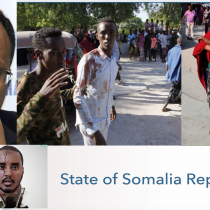

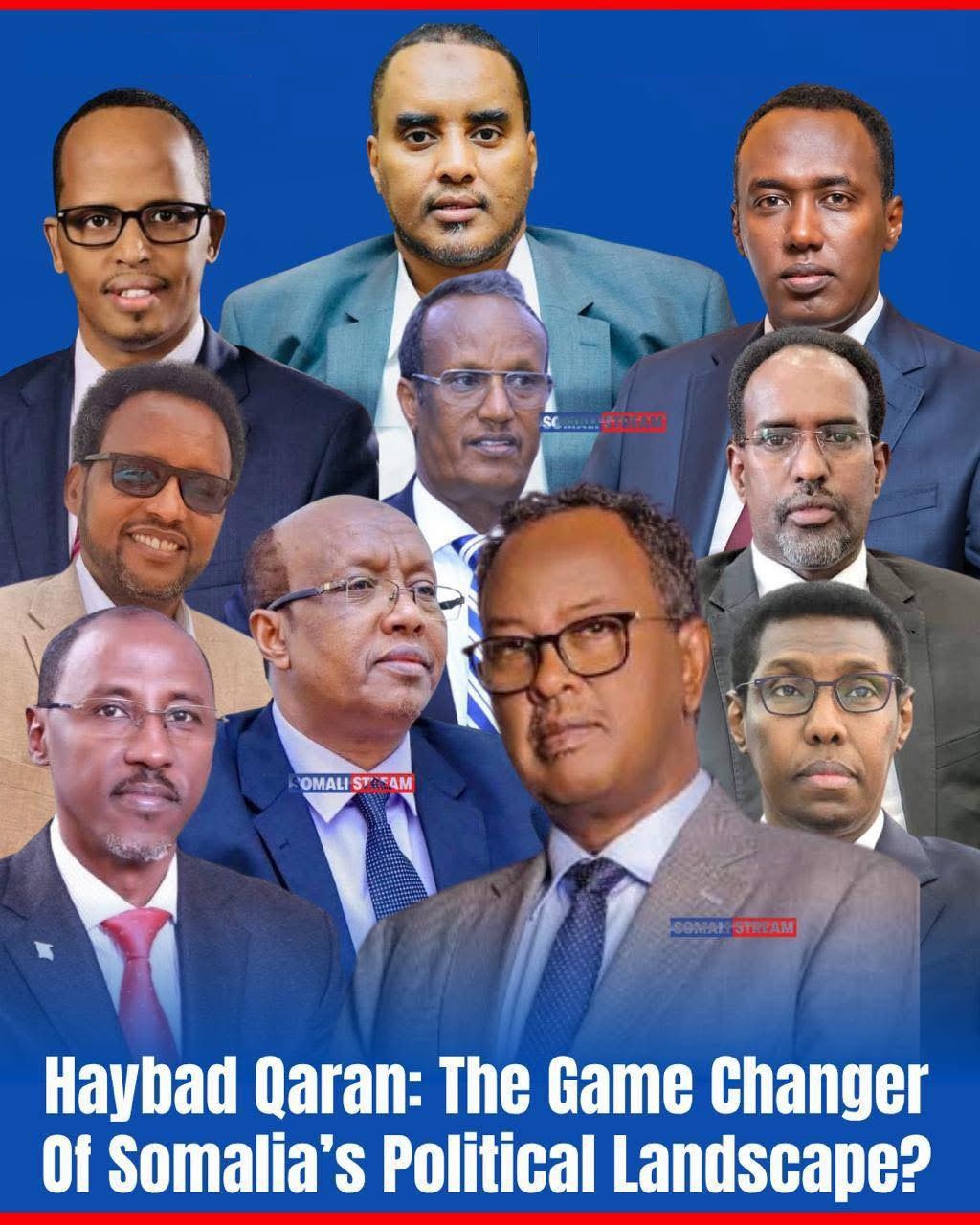
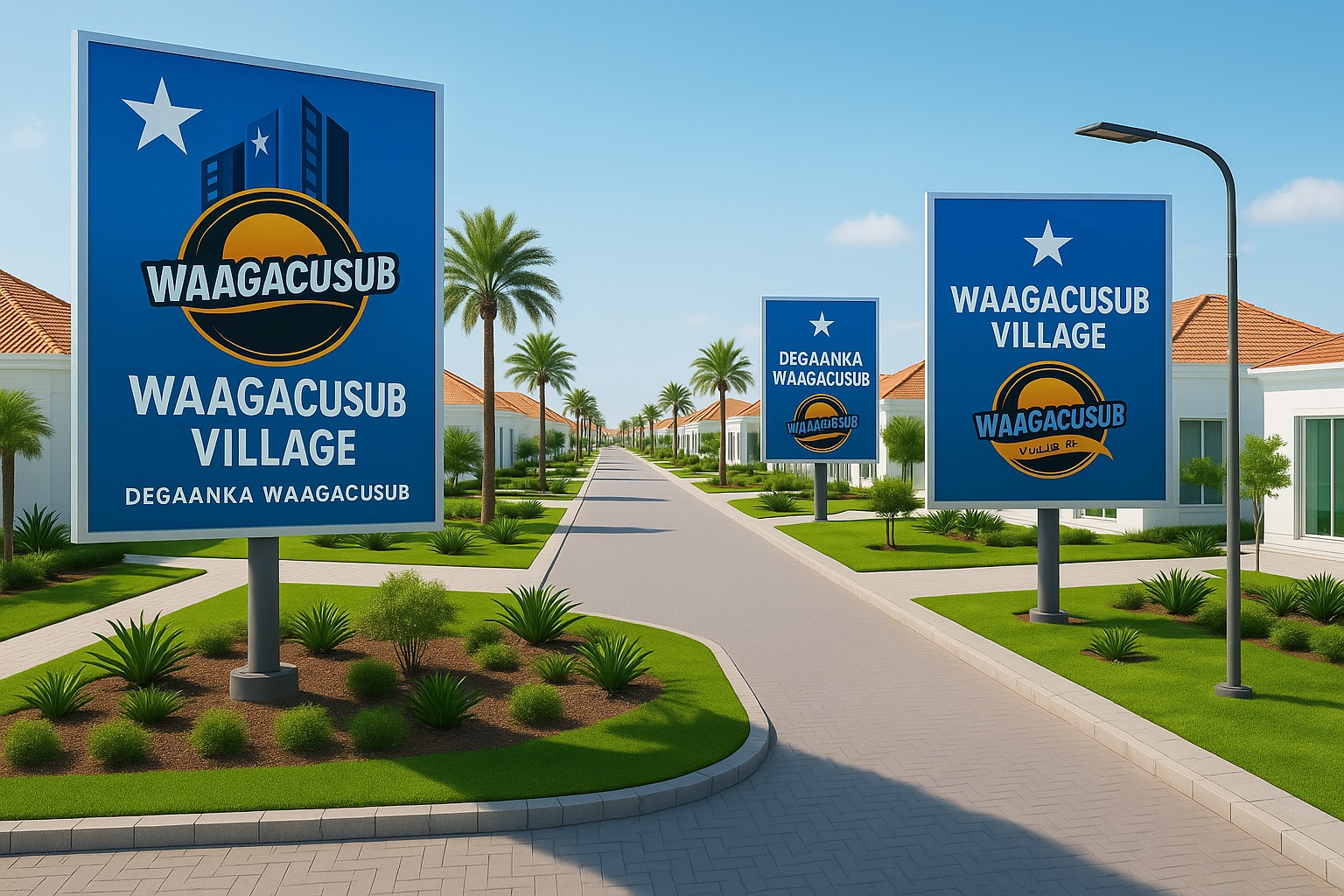
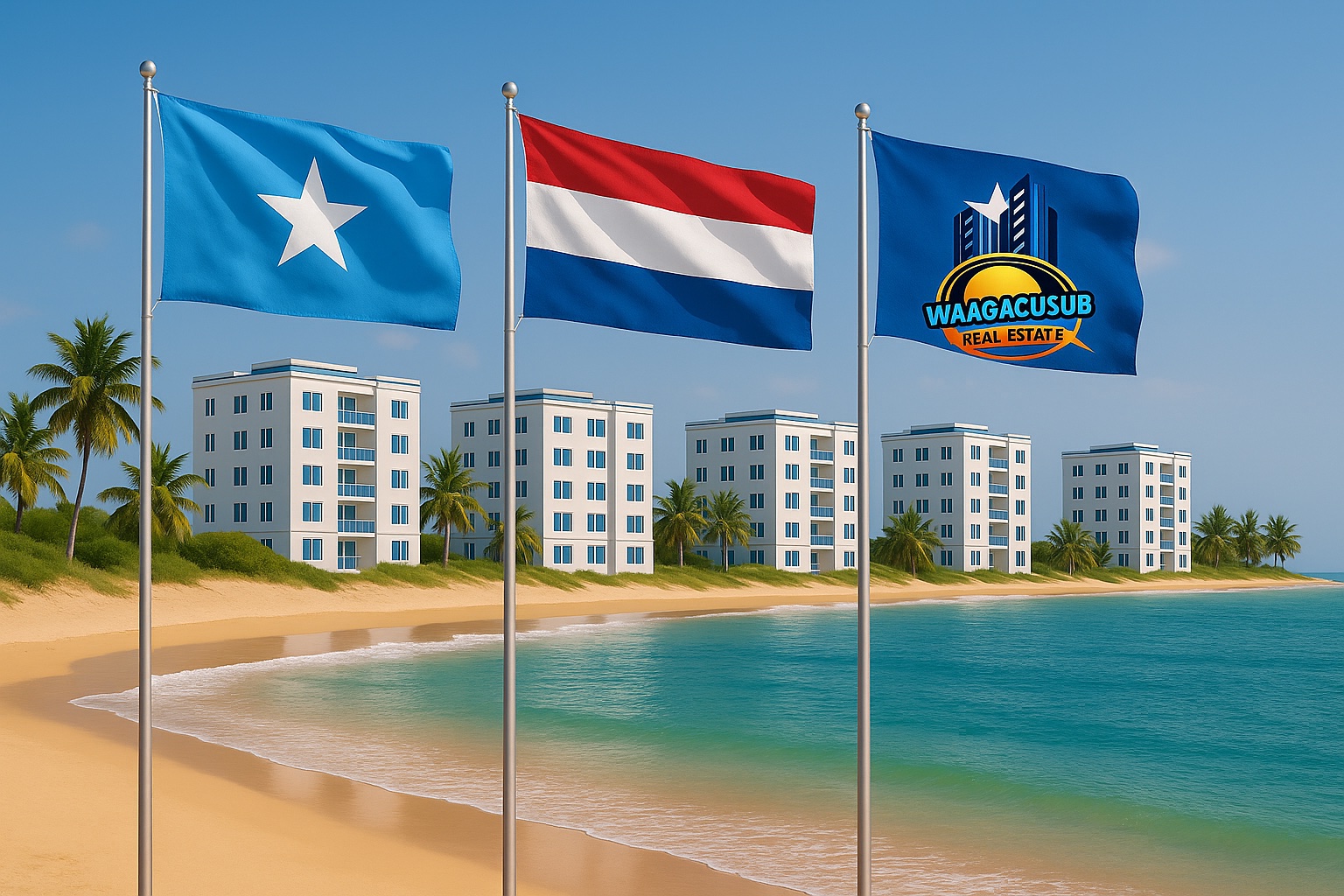
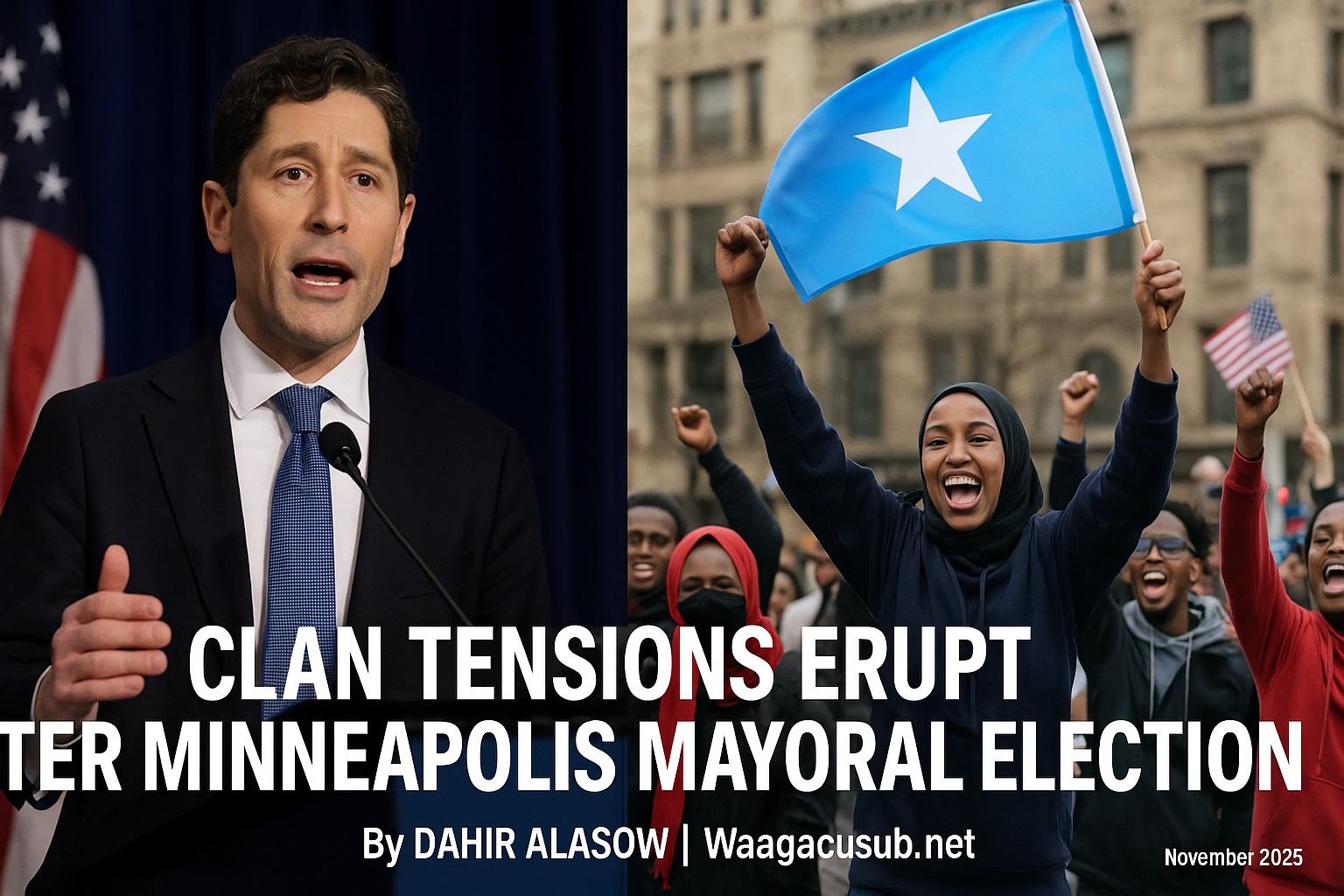

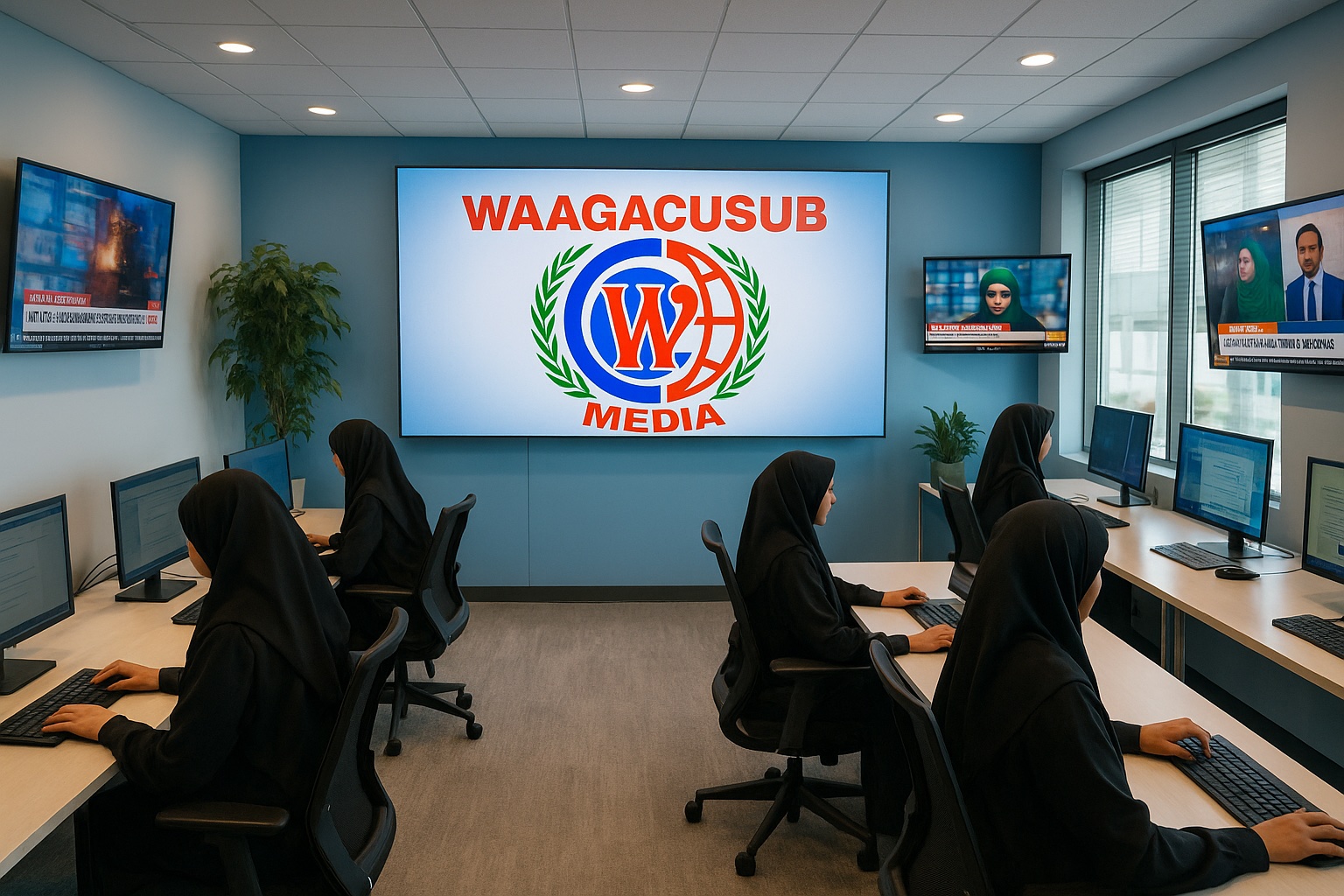
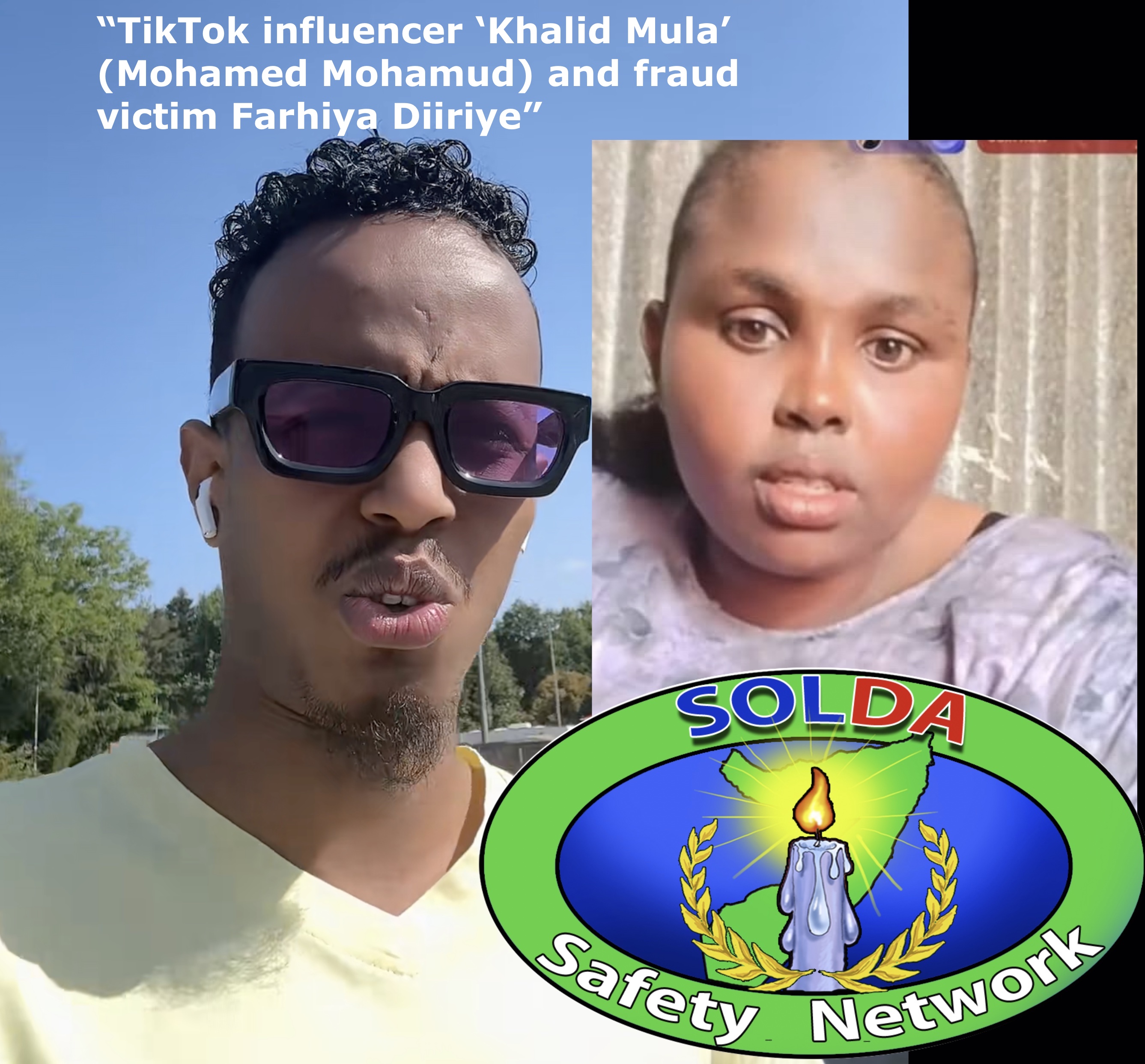
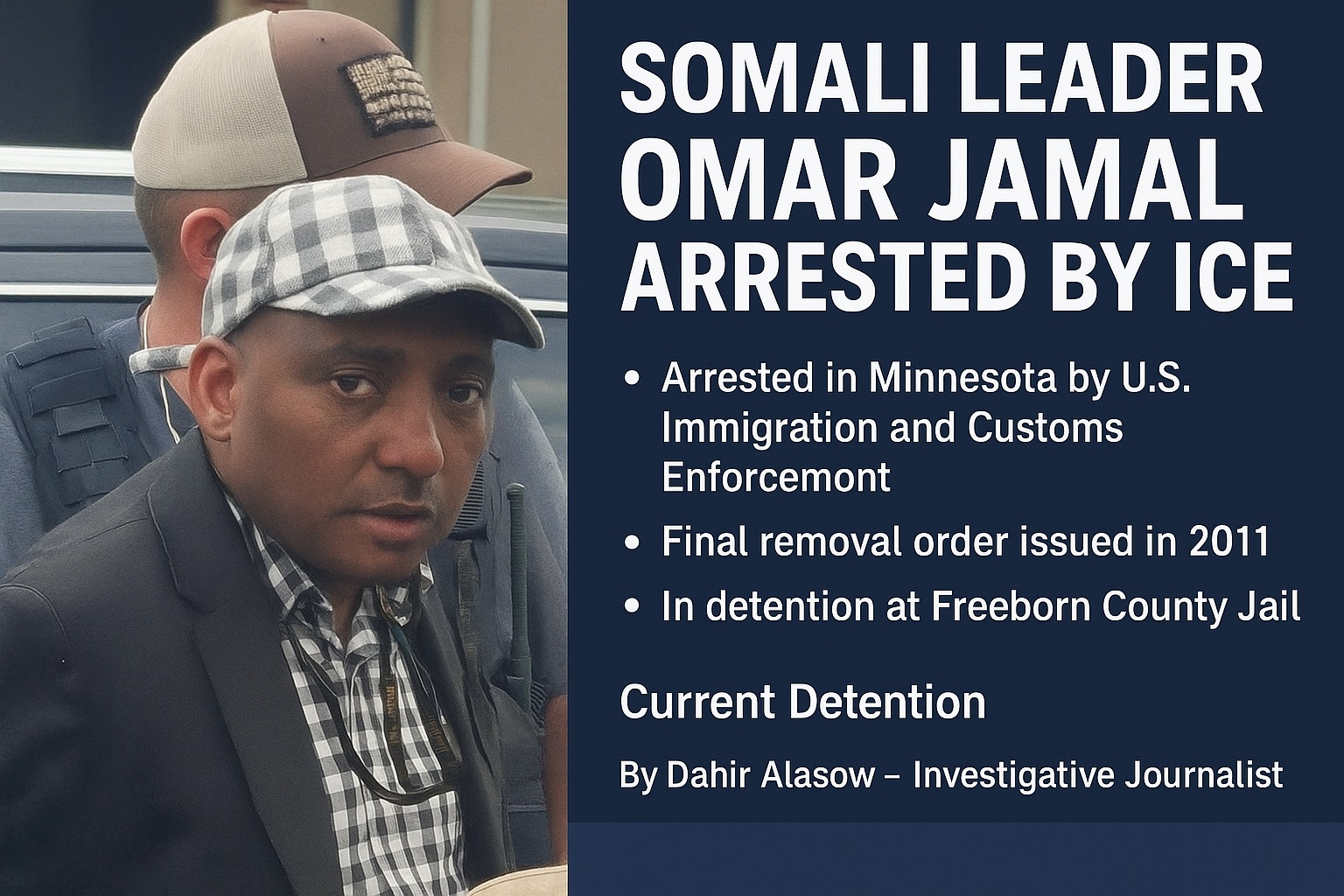
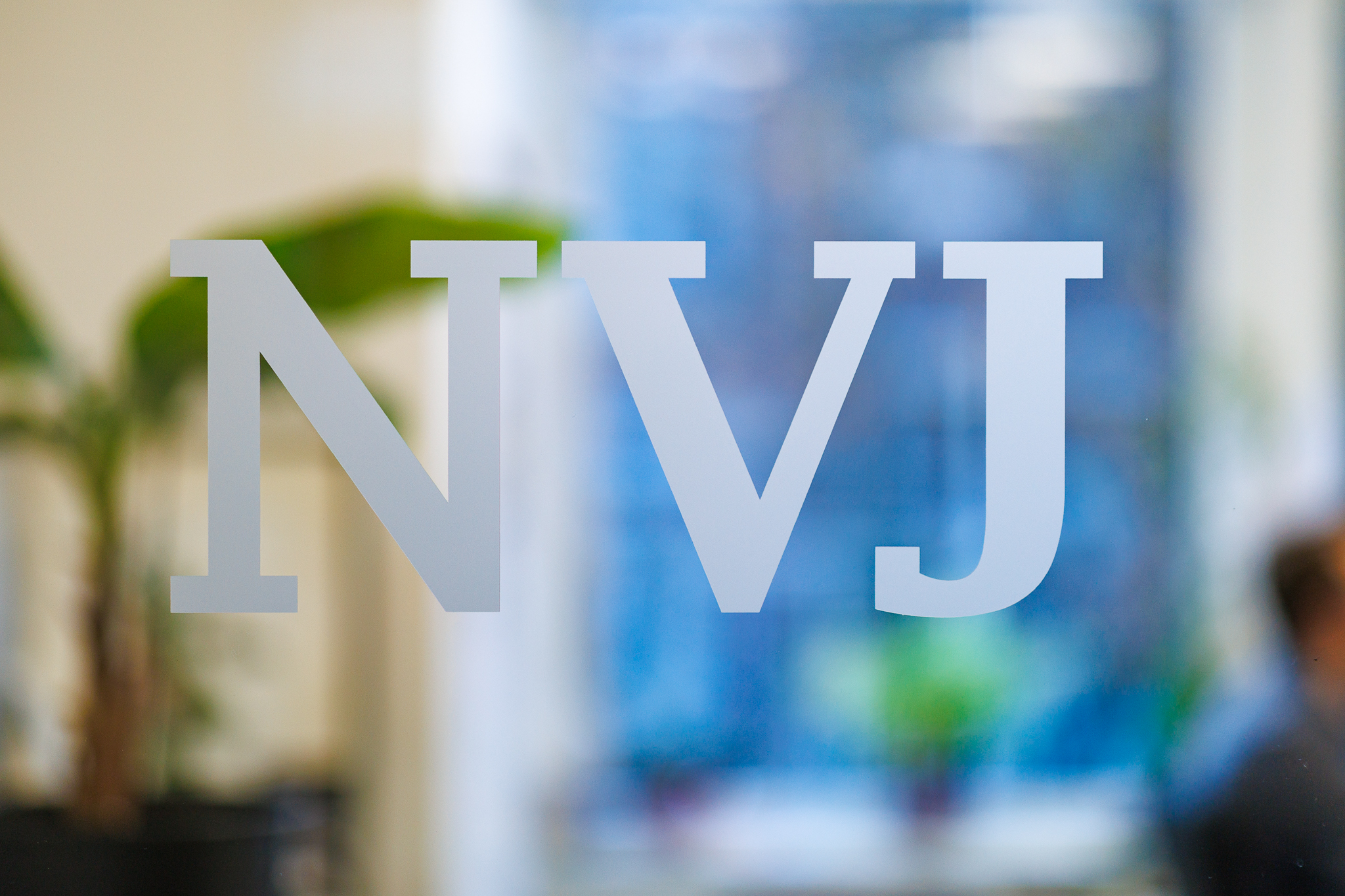
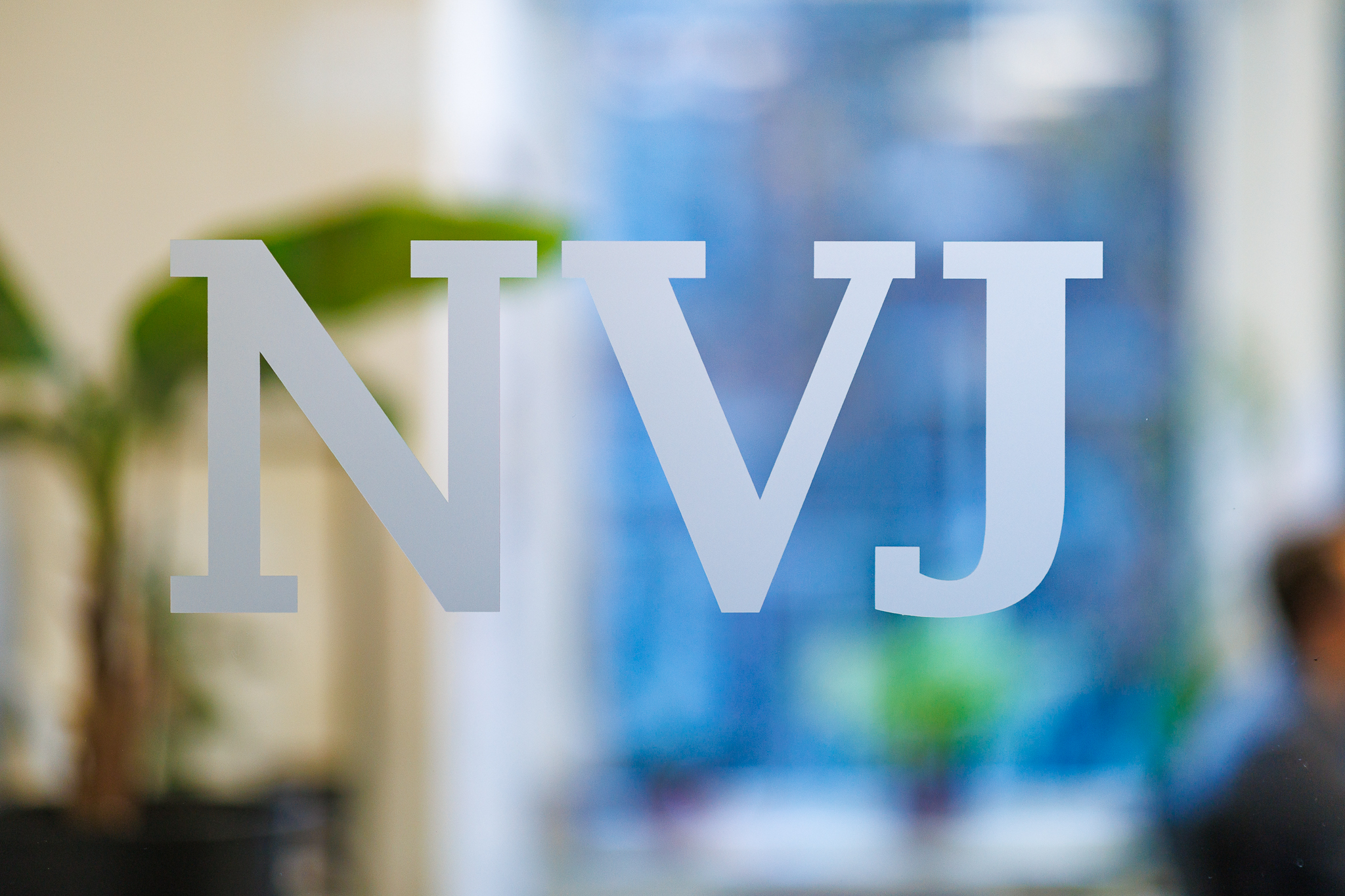
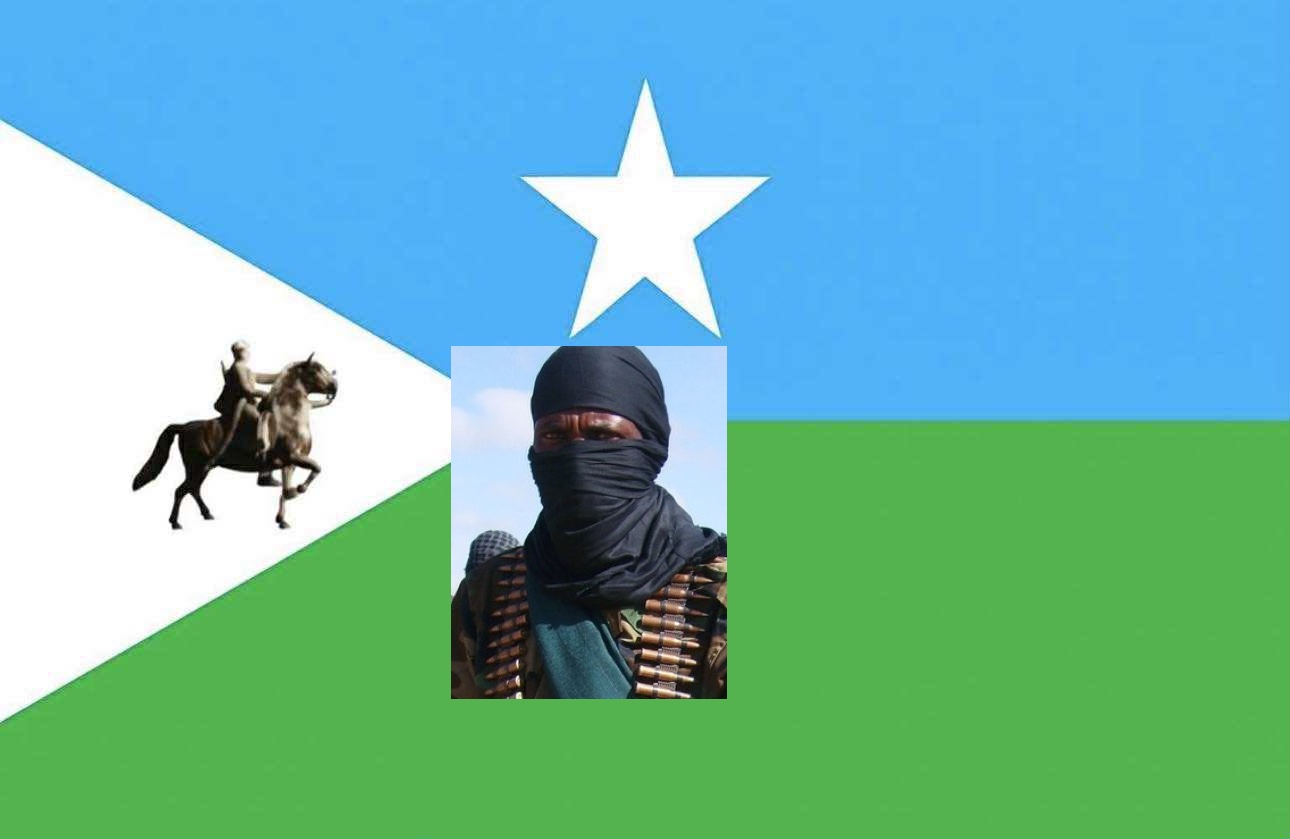
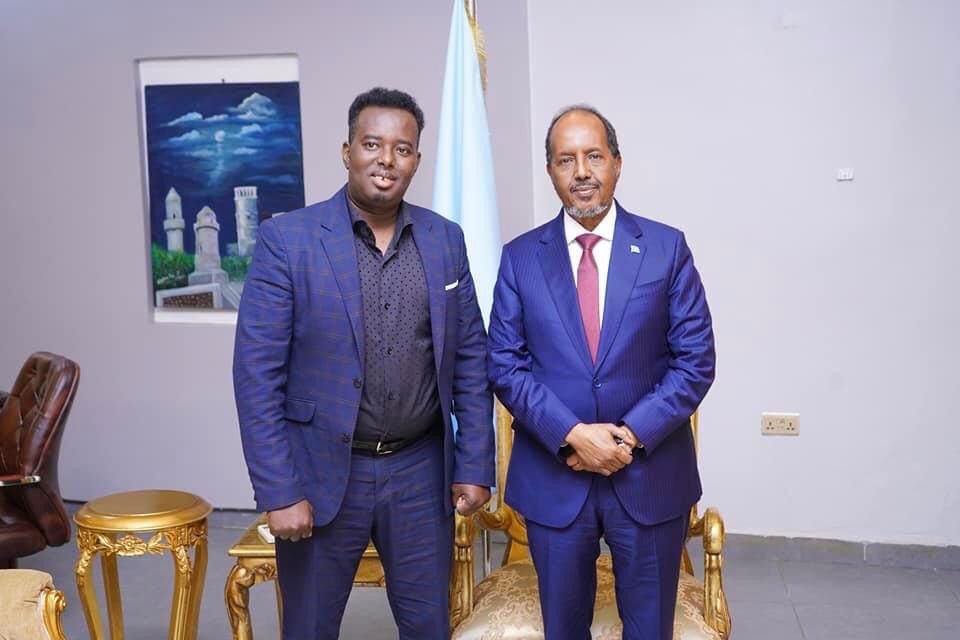
Somalia Report 2019 focuses on the main developments and key trends in politics, security, economy, social services
Sunatimes.com - The State of Somalia (SOS) Report focuses on the main developments and key trends in politics, security, economy, social services and the role of external actors from 1 January to 31 December 2019. The objective of the report is to: e